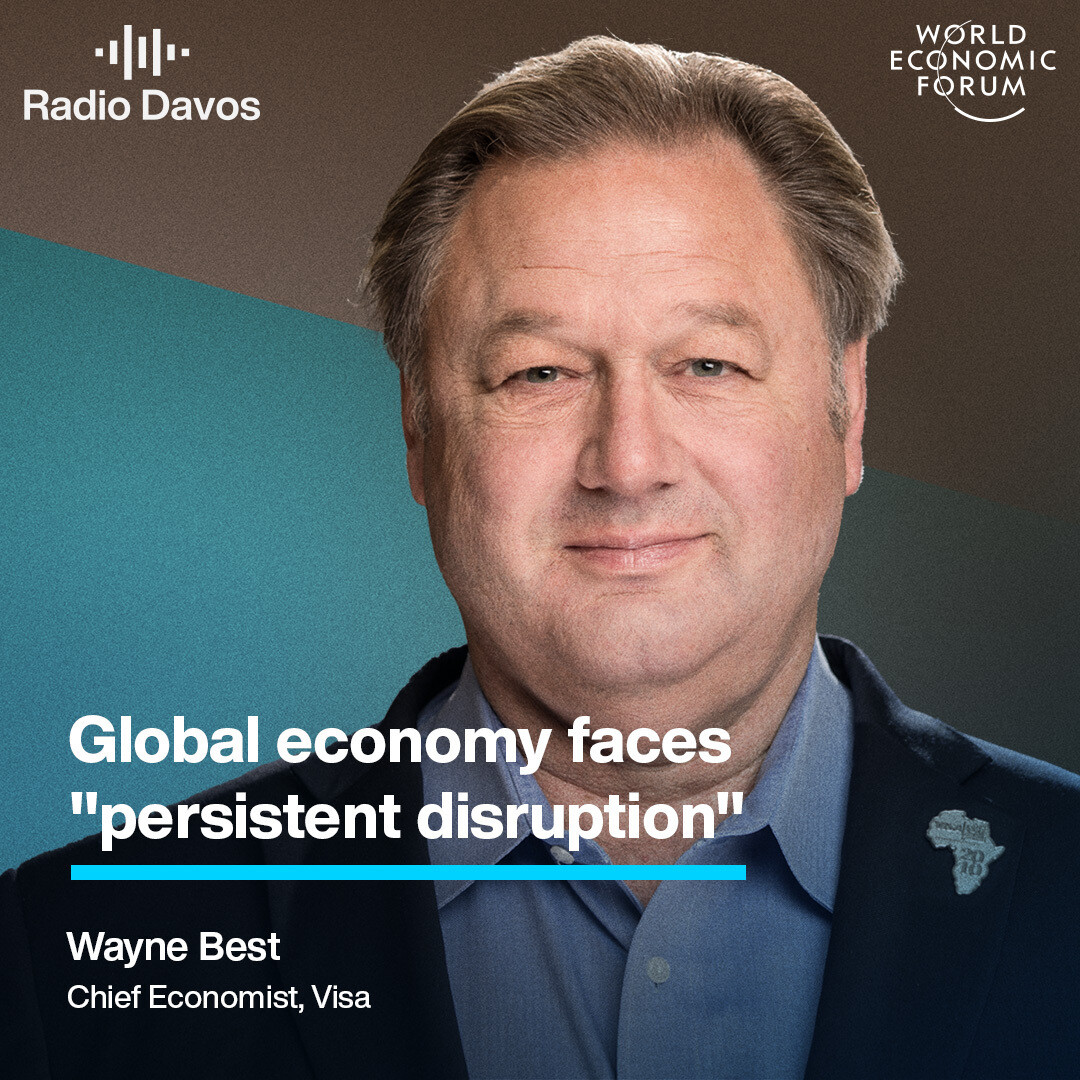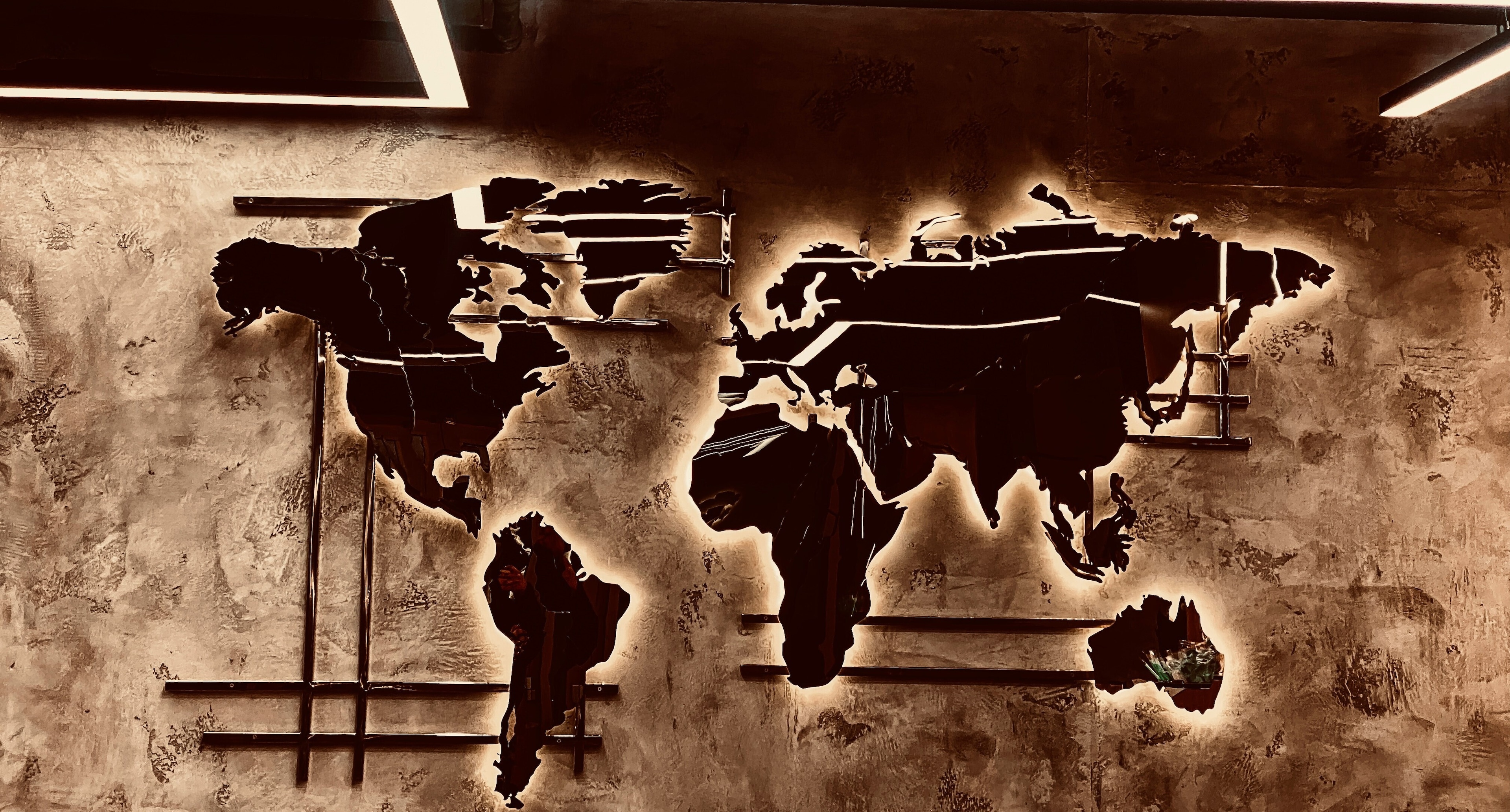Taking Indonesia’s economy to the next level

Stay up to date:
Indonesia
Indonesians have good reason to be upbeat about their economic future. Despite volatile global commodity and financial markets, the nation’s GDP has been expanding in the 5 to 6% range on average for the past decade. The number of middle-income and affluent Indonesian households is projected to double from 2012 numbers to reach 140 million over the next decade. Optimism is being buoyed by a new reformist government that vows to boost spending on infrastructure, education, and health and seeks to boost annual economic growth to 7 percent.
Indonesia also has the advantage of being the largest economy in one of the world’s most dynamic regions – Southeast Asia. Combined, the ten economies of the Association of Southeast Asian Nations (ASEAN) more than tripled in size between 2003 and 2013, and are on track to continue their strong growth through 2020. What’s more, this vast market of 600 million people is steadily integrating as the region’s governments push forward to achieve the ASEAN Economic Community (AEC) 2015 goals of free flows of goods, capital, and labor.
Indonesia has been taking many of the steps needed to translate its economic gains into better living standards. According to BCG’s Sustainable Economic Development Assessment, Indonesia stands out as a country that has done well in converting wealth, as measured in GDP per capita, into “well being” of its citizens, as measured by improvements in areas such as health, education, and income equality.
Ahead of the World Economic Forum on East Asia in Jakarta this month I like to share what I believe could be a roadmap to accomplish the country’s economic goals and to seize the rich opportunities of regional integration.
It is critical that Indonesia improve its capacity for innovation. Making the leap from an economy that now relies heavily on commodities and low-wage manufacturing to one driven by innovation will require improvement on many fronts. I would like to focus here on two areas where improvement would have a particularly powerful impact on Indonesia’s innovation capacity: talent and small and midsized enterprises (SMEs).
Let’s begin with talent—an increasingly scarce commodity in most developing economies. If current trends continue, Indonesia will soon have enormous skills gaps at all levels. An insufficient supply of college graduates is a major reason. Indonesia has made dramatic gains in education in recent years, with 97 percent of all citizens now receiving a primary education. But just 23 percent of students make it all the way to the tertiary level. This is partly due to the fact that many Indonesians cannot afford tuition or must drop out of school to support their families. Indonesia’s skills gap is particularly acute when it comes to experienced management. For example, it is projected that by 2020 Indonesia will have only 56 percent of the middle managers that companies will need to run their businesses.
To have a skills base required for an innovation-driven economy, Indonesia must make higher education more financially accessible to economically disadvantaged students. Indonesia could also make it more attractive for the some 8 to 10 million university-educated nationals living abroad to bring their skills back home and by making it easier for companies to recruit and employ foreign talent.
Indonesia could consider a dual-education program such as Germany’s, in which private companies pick up the cost of vocational studies of students in their apprenticeship programs. Some 73 percent of students that participate in the program end up staying with their employers for more than 500 days after completing their apprenticeships. Countries like China, South Korea, Taiwan, Singapore, and Malaysia all have had very successful programs to bring diaspora talent back home by offering everything from generous financial incentives to fast-track permanent residency for foreign-born spouses and children.
A more vibrant SME sector—a key driver of innovation in any economy—is also critical for Indonesia to thrive in an integrated ASEAN. The government has begun to tackle the bureaucratic roadblocks that hinder SMEs. It has simplified local licensing requirements. But such measures have yet to be fully implemented. Better access to capital is also essential: only around 15 percent of investments by Indonesian SMEs currently are funded by such external sources as banks.
There are many successful models for aiding SMEs. To address one critical problem that hinders small-business financing—the lack of a robust infrastructure to supply reliable credit information to lenders—India has introduced the Small and Medium-Sized Rating Agency. Since its inception in 2005, the agency, which charges fees based on the size of the business, has issued ratings on more than 10,000 SMEs that are accepted by 34 banks and credit institutions. Other nations have developed entirely new institutions to quickly provide credit and other financial services tailored to the specific needs of SMEs and programs dedicated to providing small-business owners with management training and access to the information they need to compete at a higher level.
The Indonesian economy already has powerful fundamentals and a record of steady performance on its side. By boosting its capacity to innovate, Indonesia could make the next economic leap and serve as an engine of rapid growth in an integrated ASEAN.
Author: Hans-Paul Bürkner, Chairman, The Boston Consulting Group, Germany; he is one of the co-chairs of the World Economic Forum on East Asia 2015.
Image: Workers load boxes onto a wooden ship for shipping to Indonesia’s Belitong Island, at the Sunda Kelapa harbour in Jakarta February 22, 2012. REUTERS/Beawiharta
Don't miss any update on this topic
Create a free account and access your personalized content collection with our latest publications and analyses.
License and Republishing
World Economic Forum articles may be republished in accordance with the Creative Commons Attribution-NonCommercial-NoDerivatives 4.0 International Public License, and in accordance with our Terms of Use.
The views expressed in this article are those of the author alone and not the World Economic Forum.
Forum Stories newsletter
Bringing you weekly curated insights and analysis on the global issues that matter.
More on Geo-Economics and PoliticsSee all
Cathy Li and Andrew Caruana Galizia
September 23, 2025
Sofiane Khatib and Caroline Berson
September 19, 2025
Emily Bayley
August 28, 2025
Spencer Feingold
August 18, 2025






